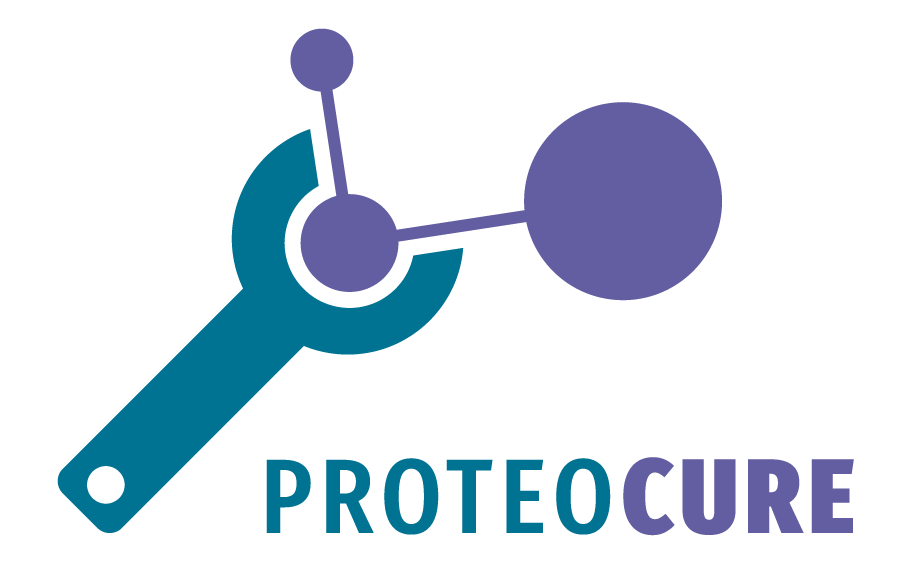
Prof. Klaudia Brix
Thursday, January 23th 2025, at 13:00, CET
Cysteine cathepsins in cellular responses to the spike protein of SARS-CoV-2
Klaudia Brix is an expert in protease cell biology. The work of her team specializes in understanding the roles of cathepsins and kallikreins in both normal physiology and disease, particularly with respect to trafficking pathways. We use super-resolution laser scanning microscopy and apply quantitative cell biology in developing applications for image analysis by machine learning.
After completing her undergraduate and postgraduate training at the University of Bonn, Klaudia took up her current position as Professor of Cell Biology at Constructor University (previously known as Jacobs University Bremen). Her teaching activities comprise molecular cell biology, biomedicine, and chemical biology. Klaudia Brix was Chair of the 2012 GRC on Proteolytic Enzymes and Their Inhibitors and of the 2018 GRC on Protein Processing, Trafficking, and Secretion. Klaudia Brix was Co-Coordinator of the Germany-wide, DFG-funded priority program “Thyroid Trans Act” from 2012 to 2019. She is currently a Member of the Core Group of the EU-COST action ProteoCure. Funding was and is from the Deutsche Forschungsgemeinschaft DFG, the European Thyroid Association, the HAORI Stiftung Bremen, the Herbert und Inge Lampe Stiftung Bremen, and the Tönjes Vagt Stiftung Bremen.
Webinar Summary: We aim at understanding the roles of proteases in health and disease of epithelial organs and the central nervous system. We also study primary cilia and their functions as cellular antennas. Recently, we investigated how the spike protein of SARS-CoV-2 affects the intestinal mucosa, thyroid epithelial cells, and neurons. Long-lasting neurological symptoms have been observed during the recent COVID-19 pandemic and occur in many patients with long-COVID; they therefore represent a major challenge for public health care. However, it has not yet been conclusively clarified how the virus reaches and affects particularly the cells of the central nervous system in the brain. It is even controversial whether neurotropism, i.e., the direct infection of neurons by SARS-CoV-2, exists. We showed that nerve cells can, in principle, be infected by SARS-CoV-2. The neuronal cytoskeleton is damaged, and their proteases are re-routed upon contact with the viral Spike protein. The aims of future studies include deciphering to what extent the virus-induced damage of nerve cells can be quantified using biomarkers. We expect a better understanding of neuronal infection with SARS-CoV-2 and its neuropathogenicity in long-COVID.
Selected References:
- Cytoskeletal β-tubulin and cysteine cathepsin L deregulation by SARS-CoV-2 spike protein interaction with the neuronal model cell line SH-SY5Y – https://doi.org/10.1016/j.biochi.2024.02.006
- Cysteine cathepsins: Cellular roadmap to different functions – https://doi.org/10.1016/j.biochi.2007.07.024
- Host Cell Proteases: Cathepsins – https://link.springer.com/chapter/10.1007/978-3-319-75474-1_10
- Proteases: Structure and Function – https://link.springer.com/book/10.1007/978-3-7091-0885-7
Link to join the webinar: https://us06web.zoom.us/j/86253945133?pwd=hhT7zIga96bTIu96lZ5RnnmavyqlTq.1

